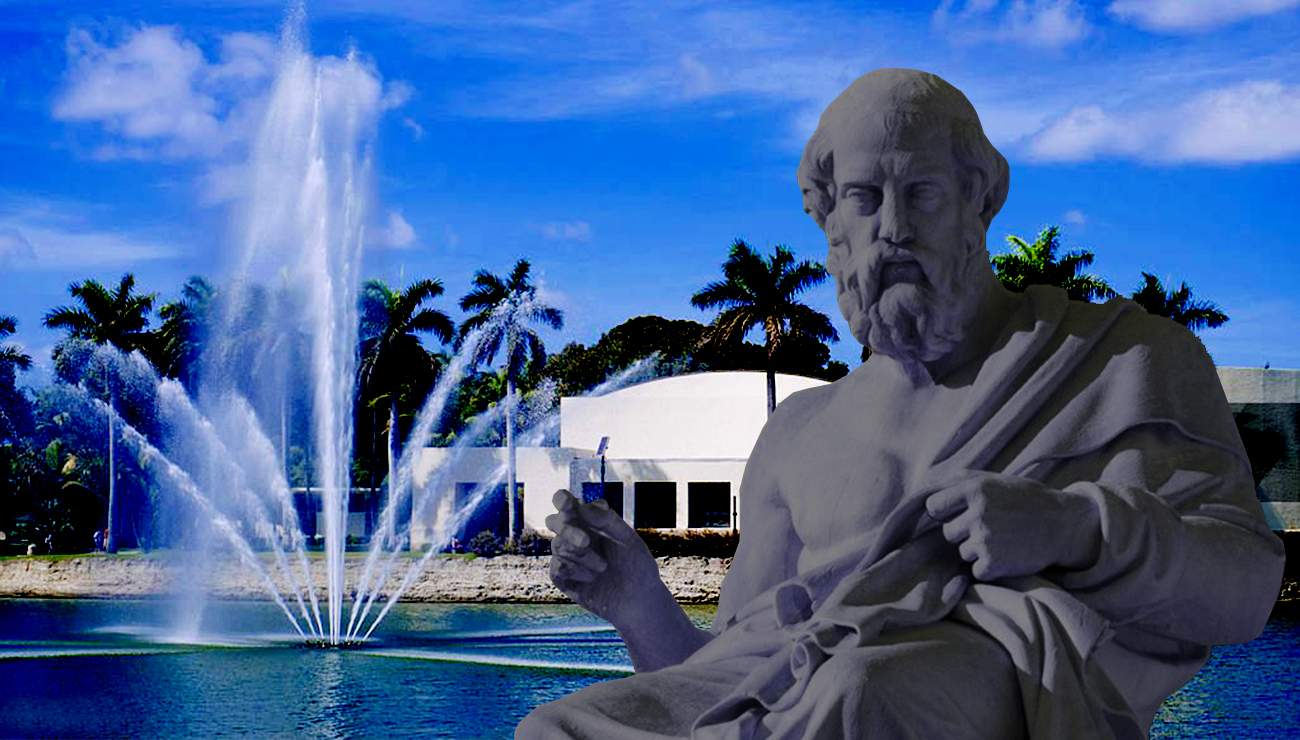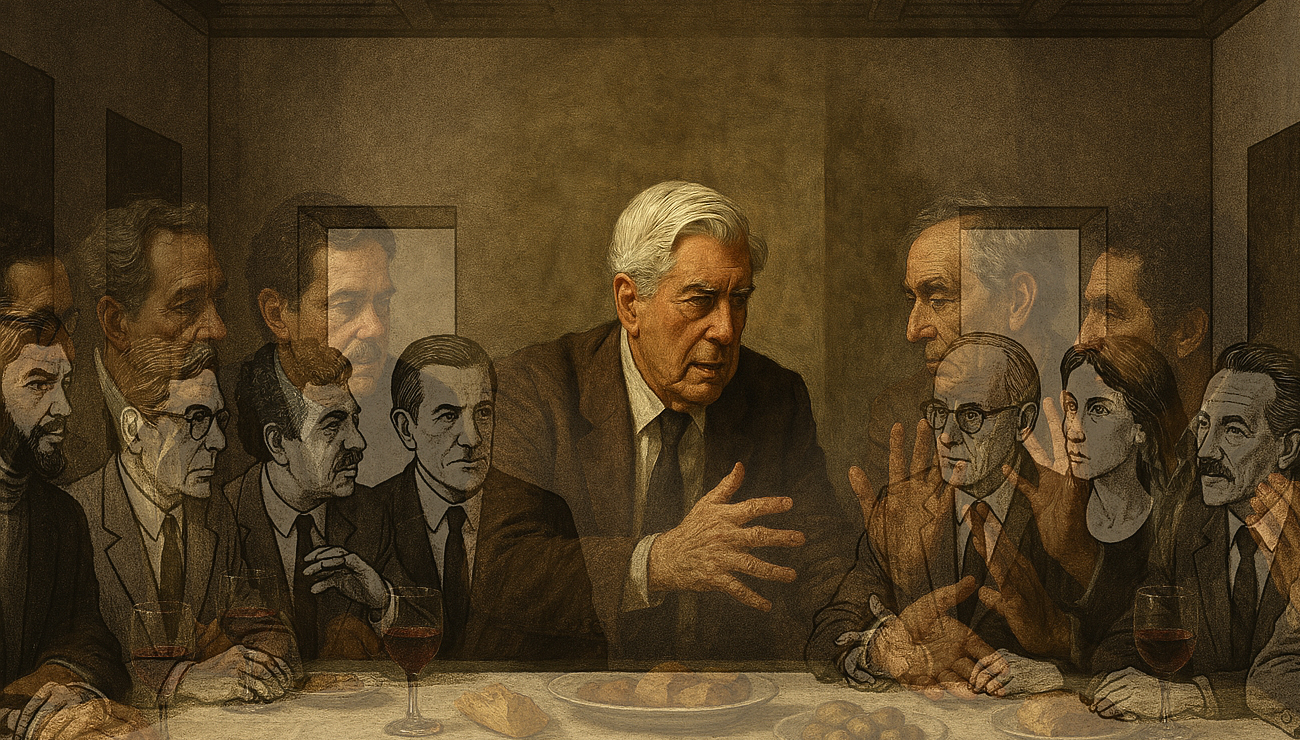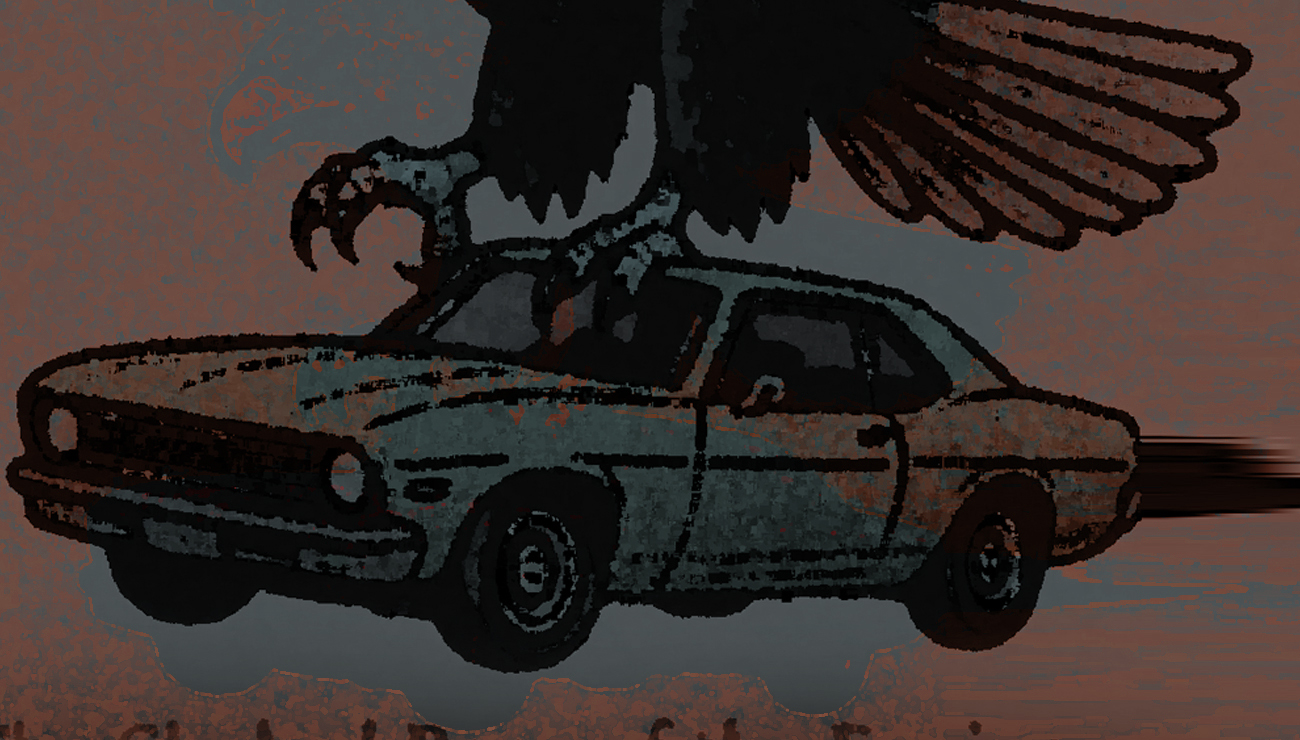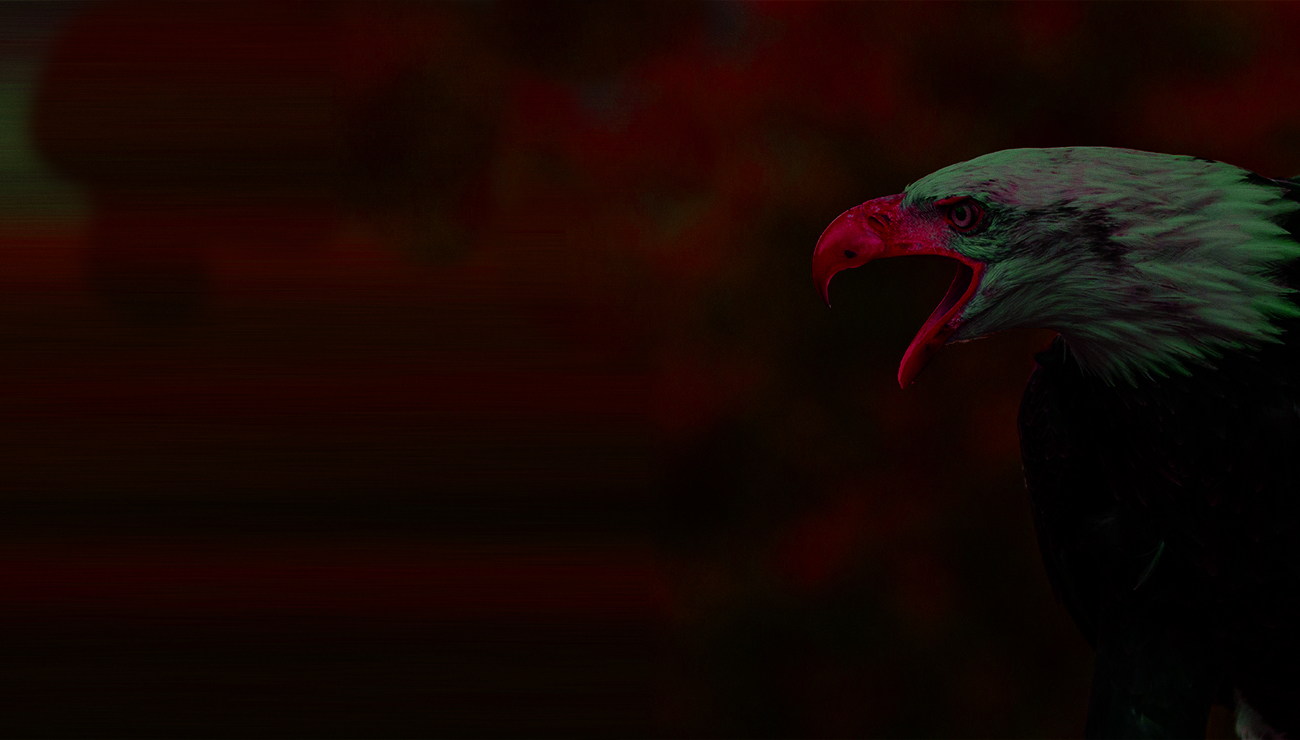
Plato and I, a meeting at mile two
Author: ©2024 William Castano-Bedoya
THREE-MILE CHRONICLES. Chronicle 4:
Today I walk three miles, as usual. I head a few meters west and quickly turn south on Alhambra Circle. My goal is to skirt the University of Miami from the west and then enter the campus to breathe in that academic air that overwhelms and inspires me. I set out thinking about striking up a casual conversation with someone who happens to make eye contact with me, or with someone I approach with a casual comment.
What If Mario Vargas Llosa Was Right? Dissent as Literary Legacy in the Latin American Boom
A three-mile chronicle on cars, tariffs, and the economy of absurdity.
In a Soulless World, Facts Banish Feelings.
William Castaño
William is a Colombian-American writer who captivates readers with his ability to depict both the unique experiences and universal struggles of humanity. Hailing from Colombia’s Coffee Axis, he was born in Armenia and spent his youth in Bogotá, where he studied Marketing and Advertising at Jorge Tadeo Lozano University. In the 1980s, he immigrated to the United States, where he naturalized as a U.S. citizen and held prominent roles as a creative and image leader for projects with major corporations. After a successful career in the marketing world, William decided to fully dedicate himself to his true passion: literature. He began writing at the turn of the century, but it was in 2018 when he made the decision to make writing his primary occupation. He currently resides in Coral Gables, Florida, where he finds inspiration for his works. William’s writing style is distinguished by its depth, humanity, and authenticity. Among his most notable works are ‘The Beggars of Mercury’s Light: We the Other People’, ‘The Galpon’, ‘Flowers for María Sucel’, ‘ Ludovico’, and ‘We’ll meet in Stockholm”.









